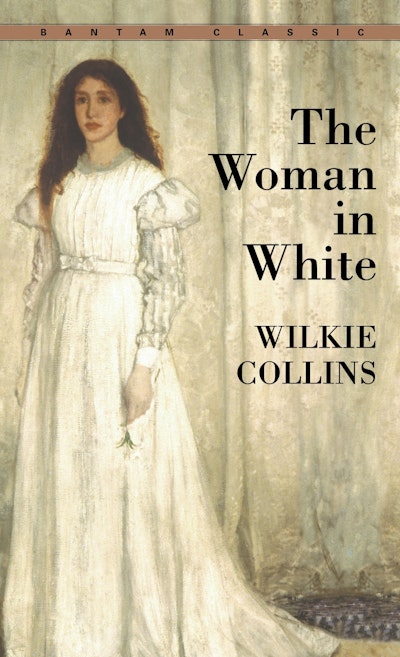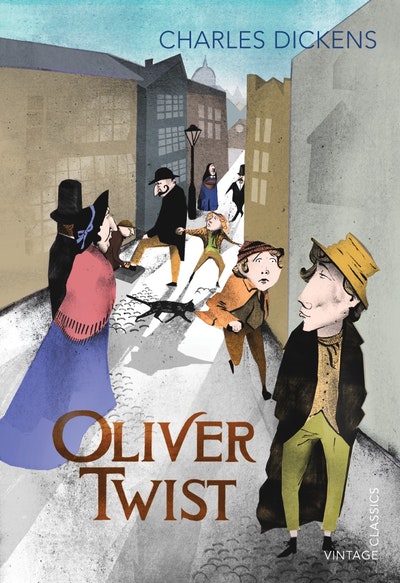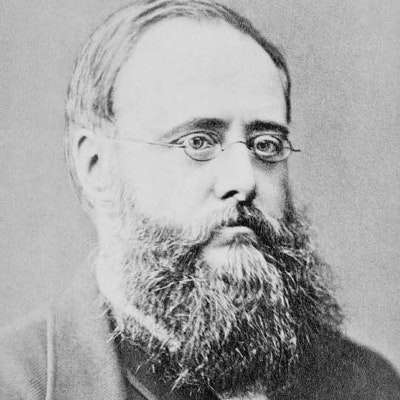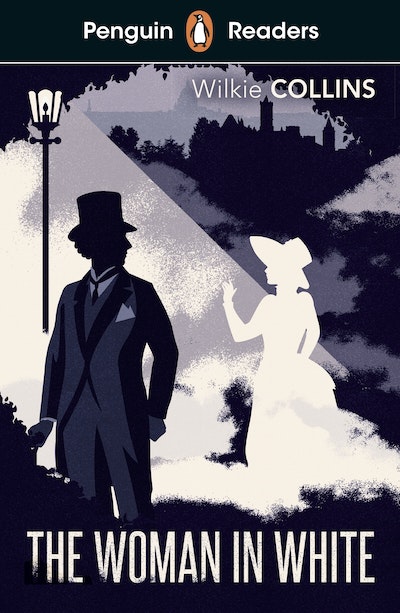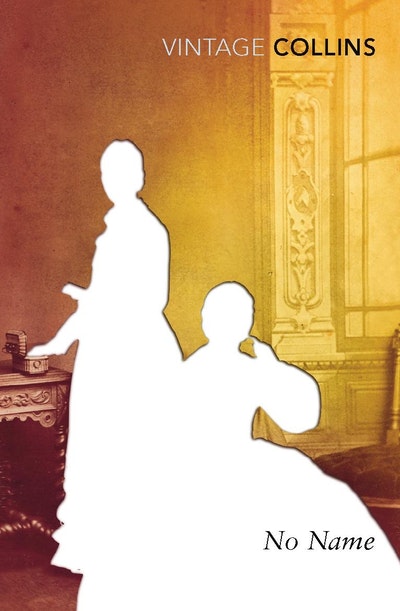- Published: 1 August 2003
- ISBN: 9780553212631
- Imprint: Bantam Dell
- Format: Paperback
- Pages: 800
- RRP: $12.99
The Woman in White
Penguin Classics relaunch
“There, in the middle of the broad, bright high-road—there, as if it had that moment sprung out of the earth or dropped from the heaven—stood the figure of a solitary Woman, dressed from head to foot in white garments.”
Thus young Walter Hartright first meets the mysterious woman in white in what soon became one of the most popular novels of the nineteenth century. Secrets, mistaken identities, surprise revelations, amnesia, locked rooms and locked asylums, and an unorthodox villain made this mystery thriller an instant success when it first appeared in 1860, and it has continued to enthrall readers ever since. From the hero’s foreboding before his arrival at Limmeridge House to the nefarious plot concerning the beautiful Laura, the breathtaking tension of Collins’s narrative created a new literary genre of suspense fiction, which profoundly shaped the course of English popular writing.
Collins’s other great mystery, The Moonstone, has been called the finest detective story ever written, but it was this work that so gripped the imagination of the world that Wilkie Collins had his own tombstone inscribed: “Author of The Woman in White.”
- Published: 1 August 2003
- ISBN: 9780553212631
- Imprint: Bantam Dell
- Format: Paperback
- Pages: 800
- RRP: $12.99
